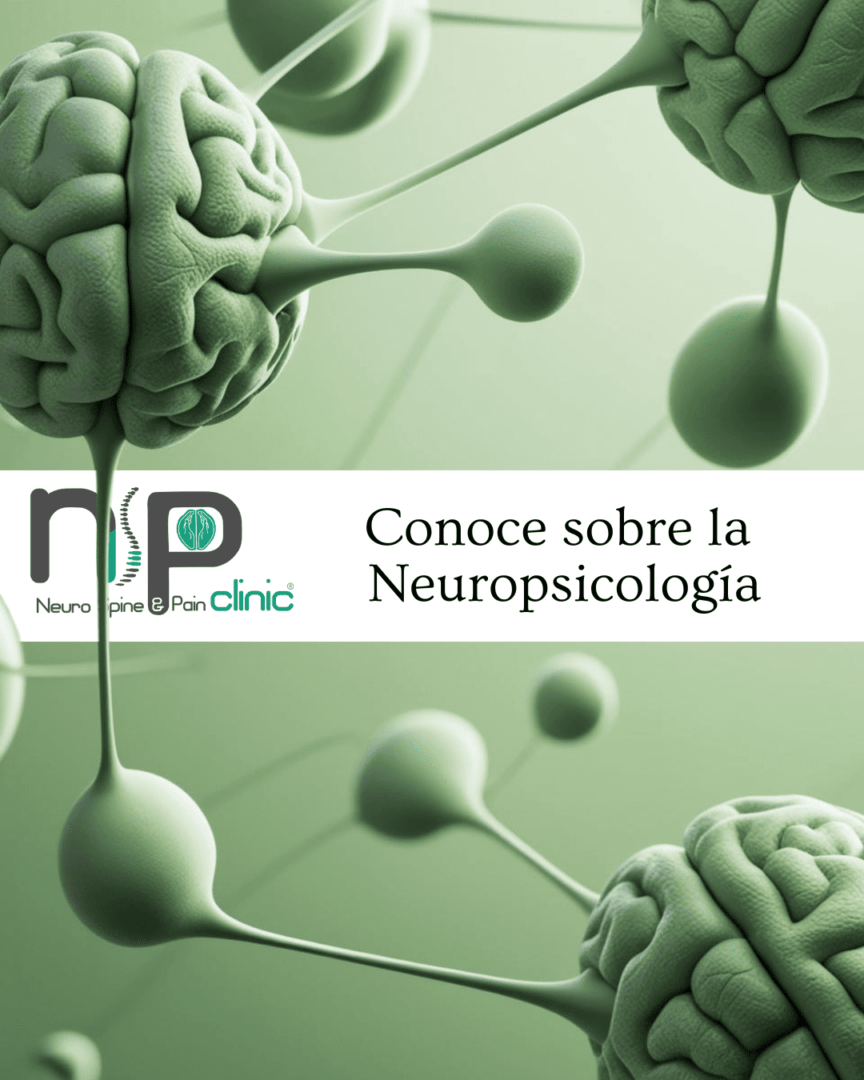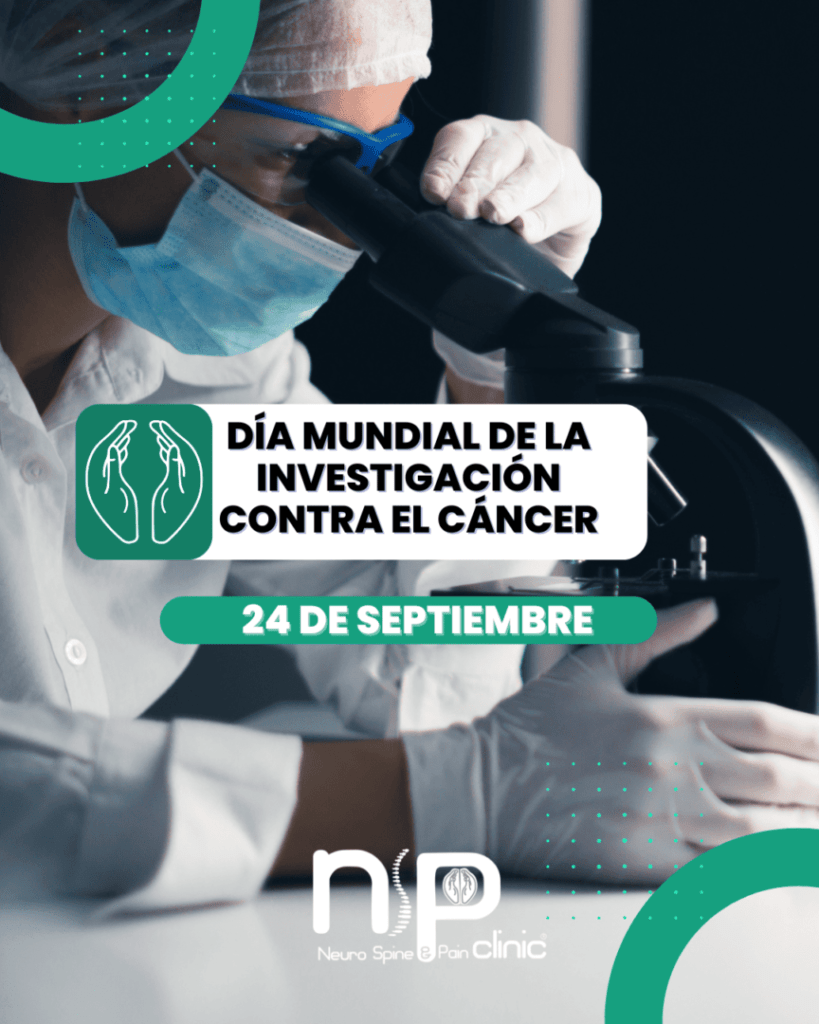Clinical psychology is a core discipline at Neuro Spine and Pain Clinic as it addresses emotional and mental aspects that may be associated with medical conditions treated at the clinic, such as spinal problems, chronic pain, and neurological disorders. Here are some ways clinical psychology can benefit patients at NSP Clinic:
Assessment and diagnosis
Clinical psychologists can conduct comprehensive assessments to better understand the emotional and mental state of patients.
Emotional support
Living with chronic pain or facing spinal surgery or other medical procedure can be emotionally challenging. At NSP Clinic we offer emotional support to patients, providing them with a safe space to express their concerns, fears and emotions related to their medical condition and treatment.
Pain management
Clinical psychology can play an important role in chronic pain management. Clinical psychologists at NSP Clinic can teach patients coping techniques and pain management strategies, such as relaxation, deep breathing, visualization, and mindfulness, which can help reduce pain perception and improve quality of life.
Pain management in clinical psychology is a comprehensive approach that recognizes the interaction between physical pain and a person's psychological, emotional, and social aspects. Clinical psychologists who specialize in pain management work collaboratively with other health professionals, such as physicians, physical therapists, and rehabilitation specialists, to provide a holistic approach to the treatment of chronic and acute pain.
Some important aspects of pain management in clinical psychology include:
Comprehensive assessment
Clinical psychologists conduct a comprehensive assessment of an individual's pain experience, taking into account not only the nature and intensity of the physical pain, but also the psychological, emotional and social factors that may be contributing to the pain.
This may include assessment of medical history, stressors, anxiety, depression, mood, beliefs and attitudes toward pain, and social and environmental factors.
Education and managing expectations
Clinical psychologists educate patients about chronic and acute pain, including the nature of pain, factors that may influence pain perception, and effective pain management strategies. They help patients set realistic expectations about pain management and develop effective pain coping skills.
Relaxation and stress reduction techniques
Clinical psychologists teach patients relaxation techniques, deep breathing, mindfulness, and other stress reduction strategies to help relieve the physical and mental tension associated with pain. These techniques can help improve pain perception and reduce associated anxiety and depression.
Cognitive behavioral therapy (CBT)
CBT is a widely used therapeutic approach to pain management that focuses on identifying and changing negative thoughts and behaviors associated with pain. Clinical psychologists work with patients to identify distorted thoughts about pain, develop skills to manage emotional distress, and develop effective pain coping strategies.
Emotional and psychosocial support
Clinical psychologists provide emotional and psychosocial support to patients experiencing chronic and acute pain, helping them cope with the emotional and social challenges associated with pain. This may include managing anxiety and depression, improving communication skills, and engaging in social and recreational activities.
Some of the most common conditions that a clinical psychologist can treat include:
Bulimia: It is a serious eating disorder characterized by recurrent episodes of excessive food intake followed by compensatory behaviors to prevent weight gain. These compensatory behaviors may include self-induced vomiting, excessive use of laxatives or diuretics, fasting, or excessive exercise.
Anorexia: Anorexia is an eating disorder characterized by extreme restriction of food intake, an intense fear of gaining weight, and a distorted perception of one's body and body weight. People with anorexia often have a very negative body image and strive to achieve and maintain an extremely low body weight, even if it means putting their health at risk.
Obesity: Obesity is a chronic disease characterized by excess body fat that can have negative effects on health. It occurs when calorie intake is greater than energy expenditure over time, leading to increased fat storage in the body. Obesity is commonly defined by body mass index (BMI), which is a measure of the ratio of a person's weight to height.
Binge Eating Disorder: Also known as binge eating disorder, it is an eating disorder characterized by recurrent episodes of excessive food intake in a specific period of time, accompanied by a feeling of loss of control and subsequent guilt or shame. Unlike bulimia nervosa, people with binge eating disorder do not engage in compensatory behaviors, such as self-induced vomiting or excessive use of laxatives, to prevent weight gain.
Obsessive-compulsive disorder (OCD): It is a mental health disorder characterized by the presence of recurrent obsessive thoughts and/or repetitive compulsive behaviors. These obsessions and compulsions cause significant distress and can interfere with the daily life of the person experiencing them.
Eating disorders (ED): These are serious eating disorders that affect both a person's physical and mental health. These disorders can have a significant impact on daily life, personal relationships, and emotional well-being.
Anxiety: Anxiety is a natural response of the body to stressful or threatening situations. It is an emotion that we all experience at some point in our lives and can manifest itself in different ways, such as worry, nervousness, fear or tension. Anxiety can be a normal and adaptive experience that helps us cope with challenges or dangers in our daily lives.
Depression: It's a mood disorder that affects how you feel, think, and handle daily activities. It's more than just feeling sad or going through a period of low energy; it's a serious medical condition that can affect every aspect of your life, including your emotions, behaviors, and physical health.
Our clinical psychologist uses a variety of evidence-based therapeutic approaches, such as cognitive behavioral therapy (CBT), interpersonal therapy, acceptance and commitment therapy (ACT), among others, tailored to the individual needs of each patient.
At NSP Clinic, we are committed to providing a supportive and understanding environment where our patients can feel safe to explore their thoughts, feelings, and concerns, and work toward greater emotional and mental well-being. If you are experiencing emotional or mental difficulties, please do not hesitate to contact us to schedule a consultation with one of our clinical psychologists. We are here to help you on your path to a healthier, more fulfilling life.
To schedule an appointment at NSP Clinic, you can follow these steps:
Contact by phone: You can call the clinic directly using the phone number: 624 213 7915











